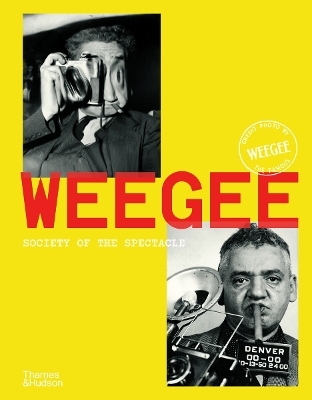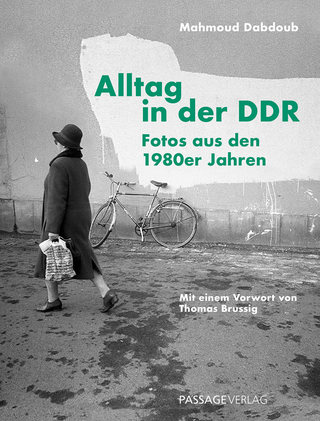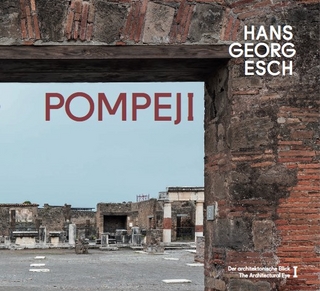
Weegee
Society of the Spectacle
Seiten
2025
Thames & Hudson Ltd (Verlag)
978-0-500-02912-1 (ISBN)
Thames & Hudson Ltd (Verlag)
978-0-500-02912-1 (ISBN)
- Noch nicht erschienen (ca. Januar 2025)
- Versandkostenfrei innerhalb Deutschlands
- Auch auf Rechnung
- Verfügbarkeit in der Filiale vor Ort prüfen
- Artikel merken
Offering a new perspective on Weegee’s oeuvre, The Society of the Spectacle presents the photographer’s iconic images beside lesser-known works.
There’s a mystery to Weegee. The American photographer’s career seems to be split in two. One side includes his sensational photography printed in North American tabloids: corpses of gangsters lying in pools of their own blood, bodies trapped in battered vehicles, kingpins looking sinister behind the bars of prison wagons, dilapidated slums consumed by fire, and other harrowing evidence of the lives of the underprivileged in New York from 1935 to 1945. Then come the festive photographs — glamorous parties, performances by entertainers, jubilant crowds, openings and premieres — to which we must add a vast array of portraits of public figures that Weegee delighted in distorting using a rich palette of tricks between 1948 and 1951, a practice he pursued until the end of his life.
How can these diametrically opposed bodies of work coexist? Critics have enjoyed highlighting the opposition between the two periods, praising the former and disparaging the latter. The Society of the Spectacle seeks to reconcile the two parts of Weegee by showing that, beyond formal differences, the photographer’s approach is critically coherent.
In the first part of his career, which coincided with the rise of the tabloid press, Weegee was an active participant in transforming news into spectacle. To show this, he often included spectators, or other photographers, in the foreground of his images. In the second half of his career, Weegee mocked the Hollywood spectacular: its ephemeral glory, adoring crowds and social scenes. Some years before the Situationist International, his photography presented an incisive critique of the Society of the Spectacle.
There’s a mystery to Weegee. The American photographer’s career seems to be split in two. One side includes his sensational photography printed in North American tabloids: corpses of gangsters lying in pools of their own blood, bodies trapped in battered vehicles, kingpins looking sinister behind the bars of prison wagons, dilapidated slums consumed by fire, and other harrowing evidence of the lives of the underprivileged in New York from 1935 to 1945. Then come the festive photographs — glamorous parties, performances by entertainers, jubilant crowds, openings and premieres — to which we must add a vast array of portraits of public figures that Weegee delighted in distorting using a rich palette of tricks between 1948 and 1951, a practice he pursued until the end of his life.
How can these diametrically opposed bodies of work coexist? Critics have enjoyed highlighting the opposition between the two periods, praising the former and disparaging the latter. The Society of the Spectacle seeks to reconcile the two parts of Weegee by showing that, beyond formal differences, the photographer’s approach is critically coherent.
In the first part of his career, which coincided with the rise of the tabloid press, Weegee was an active participant in transforming news into spectacle. To show this, he often included spectators, or other photographers, in the foreground of his images. In the second half of his career, Weegee mocked the Hollywood spectacular: its ephemeral glory, adoring crowds and social scenes. Some years before the Situationist International, his photography presented an incisive critique of the Society of the Spectacle.
Clément Chéroux is a French photography historian and curator. He was recently named director of the Fondation Henri Cartier-Bresson in Paris; he was previously chief curator of Photography at the Museum of Modern Art in New York City.
| Erscheint lt. Verlag | 9.1.2025 |
|---|---|
| Zusatzinfo | 130 Illustrations, color |
| Verlagsort | London |
| Sprache | englisch |
| Maße | 206 x 265 mm |
| Gewicht | 1020 g |
| Themenwelt | Kunst / Musik / Theater ► Fotokunst |
| ISBN-10 | 0-500-02912-1 / 0500029121 |
| ISBN-13 | 978-0-500-02912-1 / 9780500029121 |
| Zustand | Neuware |
| Haben Sie eine Frage zum Produkt? |
Mehr entdecken
aus dem Bereich
aus dem Bereich
Fotos aus den 1980er Jahren von Mahmoud Dabdoub
Buch | Hardcover (2024)
Passage-Verlag
24,50 €
Buch | Hardcover (2024)
Spector Books OHG (Verlag)
42,00 €
der architektonische Blick : the architectural eye
Buch | Hardcover (2024)
König, Walther (Verlag)
38,00 €


